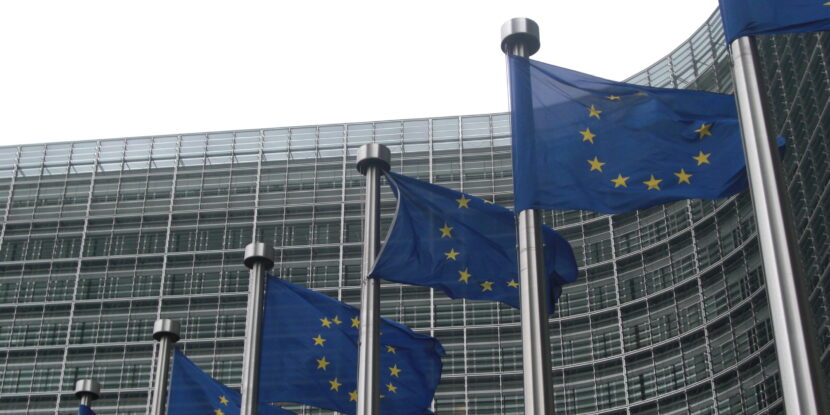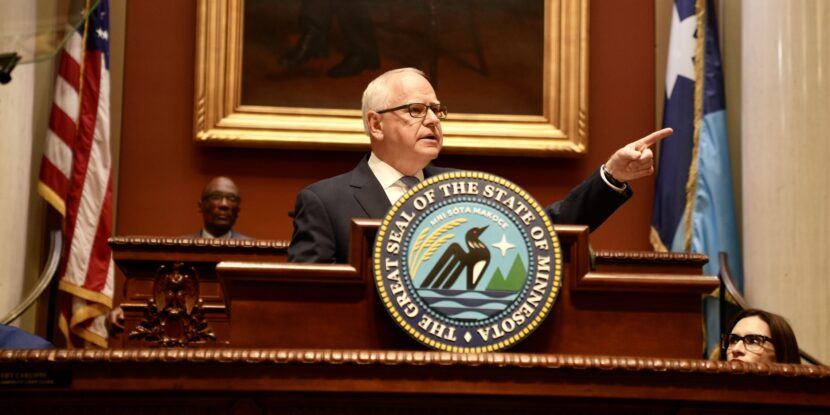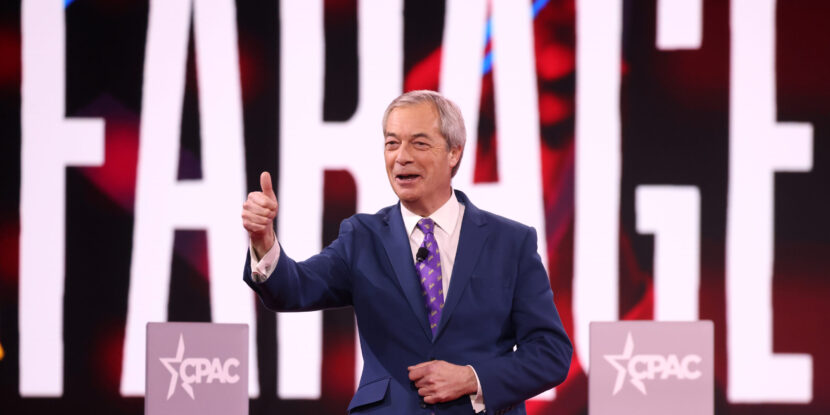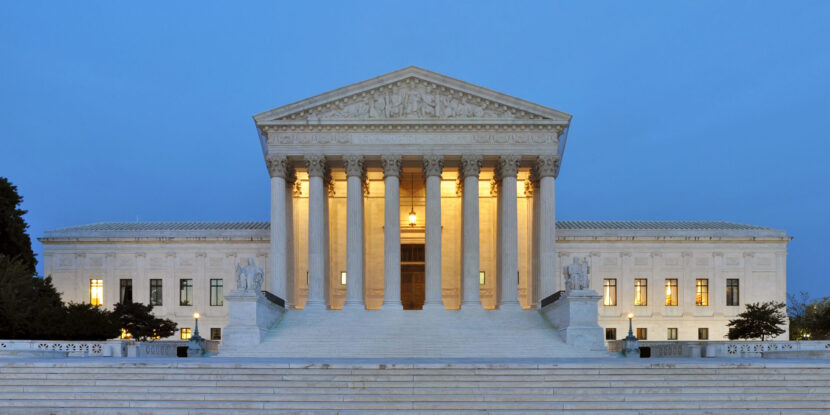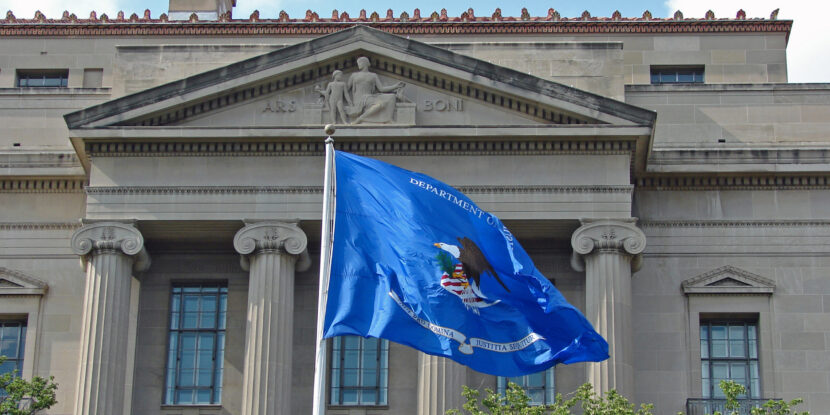President Volodymyr Zelensky’s proposal to equate wartime corruption with treason is facing opposition from officials and watchdogs who argue that it could undermine anti-corruption efforts. Concerns have been raised within Ukraine’s anti-graft agencies that Zelensky’s plan would transfer top corruption cases from their oversight to the Security Service of Ukraine (SBU), which is under the president’s command. Critics fear that the SBU may have the power to bury corruption cases involving high-ranking officials, jeopardizing Ukraine’s anti-corruption infrastructure.
Vitaly Shabunin, head of the Anti-Corruption Action Center (Antac), accused Zelensky’s office of using the public’s desire for justice to protect officials from corruption charges and gain tools to suppress opponents.
Current and former senior SBU officials have been closely linked to Zelensky’s office, according to Ukrainian reporters, although these claims have been dismissed as “conspiracy theories” by the president’s right-hand man, Andriy Yermak.
Zelensky’s push for the new legislation comes after another case of wartime corruption was uncovered involving the embezzlement of humanitarian aid, with such scandals undermining his efforts to secure European Union (EU) membership.
While Ukraine hopes to start EU accession talks in December, the country has only fulfilled two out of seven steps required for progress. Despite not being personally implicated in scandals, a poll conducted by the Democratic Initiatives Foundation found that 77.6 percent of Ukrainians believe Zelensky is responsible for ongoing corruption in the government and local military administrations.




